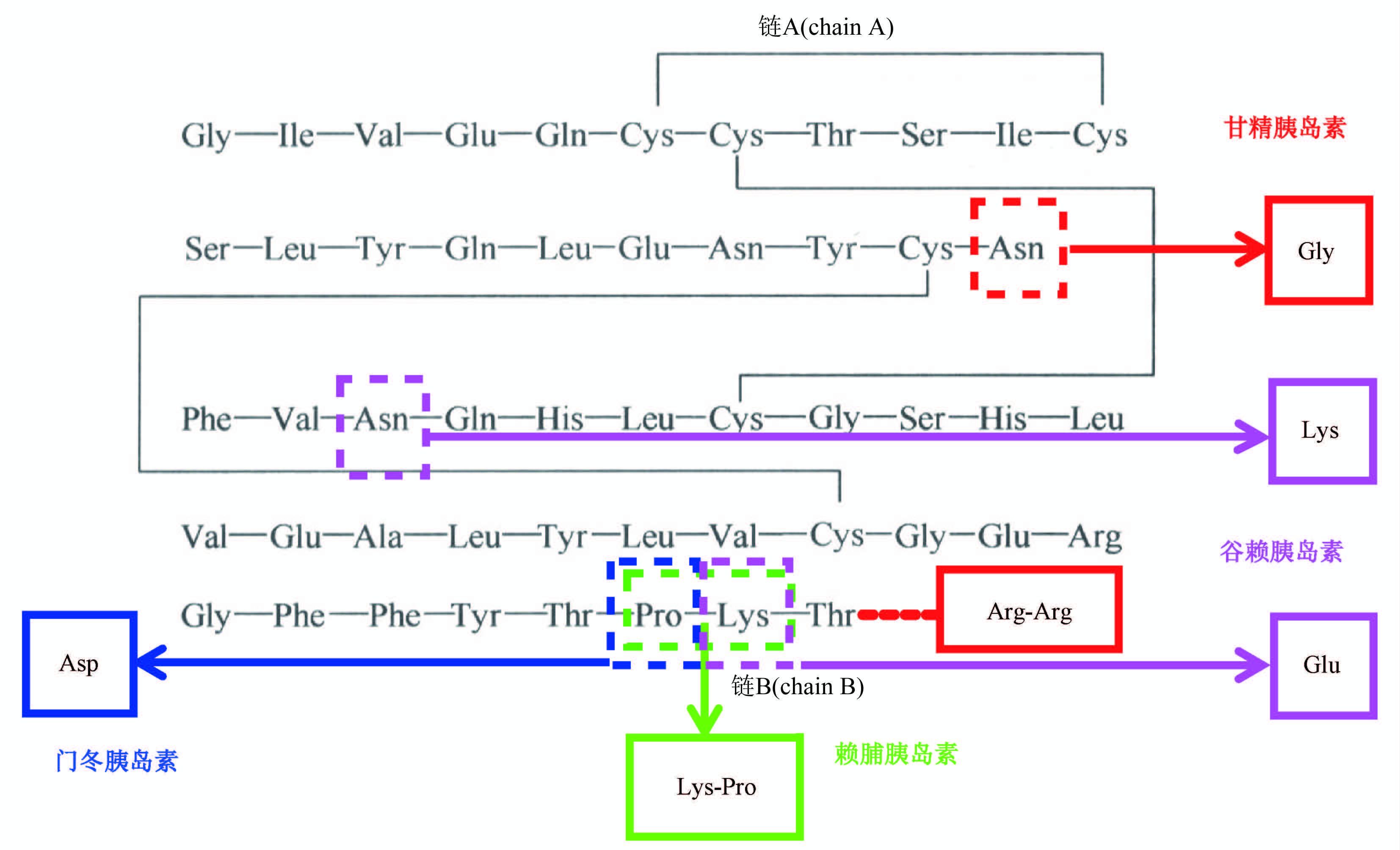
Recombinant hormones are pioneers among biotechnology products for clinical treatment, and their total global sales volume second only to monoclonal antibodies in current biotherapeutic proteins market. They played an irreplaceable role in clinical treatment of various chronic diseases and degenerative diseases, such as diabetes mellitus, reproductive diseases, and osteoporosis. Therefore, they are of great significance to national medical insurance, public health and other livelihood projects. Since the design basis of recombinant hormone drugs mainly comes from the active molecules of proteins and polypeptide naturally existing in human and animals bodies, after more than 100 years of research, human beings have established a comprehensive understanding of their molecular category, pharmacology and efficacy. Therefore, it is very difficult to develop innovative drugs based on the source of new targets and new molecular entities presently. International research and development hotspots mainly focus on long-acting, protein engineering modification and compound preparation products with great clinical value, such as insulin glargine, insulin lispro, insulin degludec, liraglutide and dulaglutide are all "blockbuster" biological drugs. Due to the large population base and gradually emerged aging problem in our country, the clinical demand for recombinant hormone drugs is still in the stage of rapid growth. Numbers of approved domestic products and relative manufacturers have increased significantly in recent years. Some clinical urgently needed new recombinant hormones, which still rely on imports, have already been submitted to the process of license.
With the development of biotechnology industry and the persistent support of the national drug regulatory agency, National Institutes for Food and Drug Control (NIFDC) has accumulated rich experience in the research of quality control analytic methods and quality standards of recombinant hormone drugs. Consequently, such monographs recorded in the national pharmacopoeia continue to maintain the international level. In addition, based on a number of creative studies carried out by NIFDC in polyethylene glycol modified recombinant hormone drugs, the first general monograph for “pegylated recombinant protein and polypeptide products for human use” in the world was successfully recorded in Volume Ⅲ of Chinese Pharmacopoeia 2020.
Due to the needs of development, the monographs of recombinant hormones were transferred to Volume Ⅲ since 2020. To achieve the goals, NIFDC undertook a series of standard improvement projects of the National Pharmacopoeia Committee. As a result, 10 monographs, including human insulin and its preparations, insulin glargine and its preparations, insulin lispro and its preparations, and human growth hormone for injection, were deliberately drafted or revised.
This special column includes 10 papers which written by relevant professionals of NIFDC. The content involves the strategy and technical considerations of the national standard research of recombinant hormone drugs, targeted research works carried out in the process of standard improvement, exploratory studies on in vitro bioassay methods aimed to method replacement, and the development of national reference substance. The purpose is to provide reference for how to make the national standard of recombinant hormone drugs further meet the strategic needs of supporting regulation, promoting industry development and international mutual recognition. Meanwhile, we hope that this special column may provide some inspiring ideas for the quality design and R & D decision-making in the development of recombinant hormone products and may help native listed products to enhance the global value.